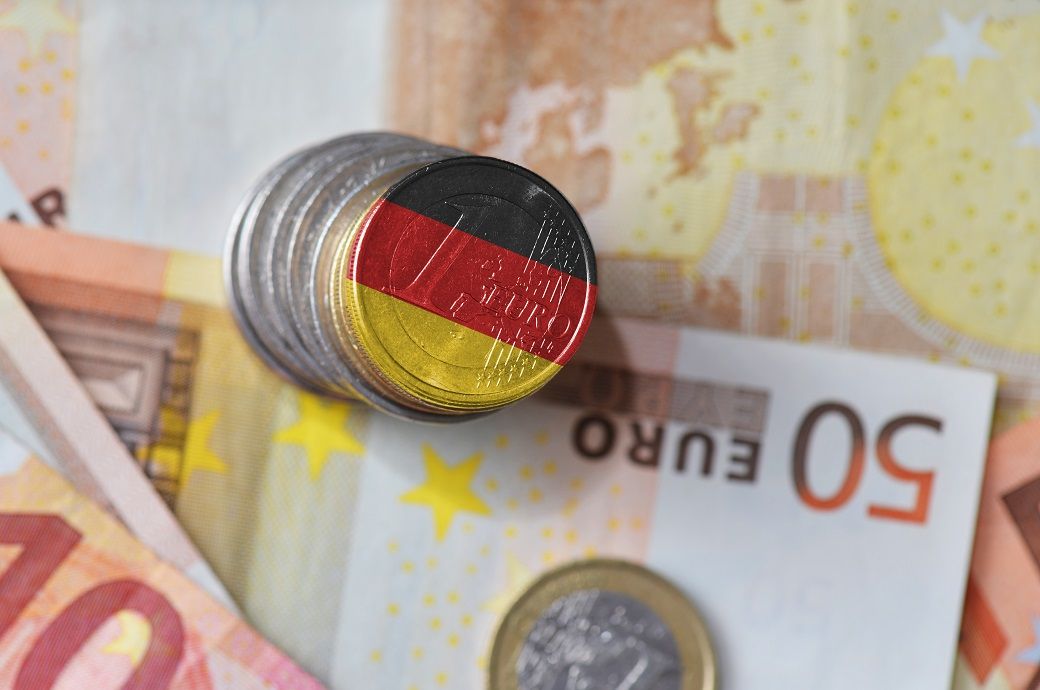
The forecast predicts a 0.9 per cent rise in price-adjusted gross domestic product (GDP) next year, a notable rebound from this year's 0.3 per cent decline. By 2025, the economy is expected to stabilise further, with a projected 1.3 per cent increase in price-adjusted GDP compared to the previous year.
Despite a reduction in the inflation rate and acceleration in wage income this year, private consumption recovery has been limited. This is partly attributed to people saving a portion of their increased purchasing power. Global trade and industrial production have not significantly boosted the economy either. Central banks worldwide have focused on curbing inflation, leading to a dampened economy in many regions, as per the report.
The forecast suggests that inflation is set to continue its downward trend, indicating that interest rates may have reached their peak. Capital market and lending rates have been falling since early November. The European Central Bank is expected to cut key interest rates in early summer of next year, which should further bolster the German economy. This anticipated change is likely to enhance purchasing power and invigorate global trade and goods consumption, driving economic recovery in the coming year.
Despite a weak end to the current year and a general sense of pessimism among private households and companies, the recent months have not seen further declines, and many areas are recording slight improvements. This shift signals a cautiously optimistic view for the German economy's future.
ALCHEMPro News Desk (DP)
Receive daily prices and market insights straight to your inbox. Subscribe to AlchemPro Weekly!